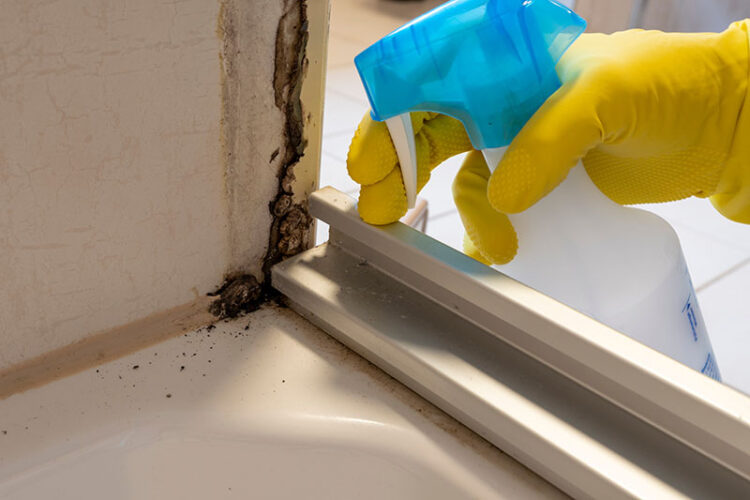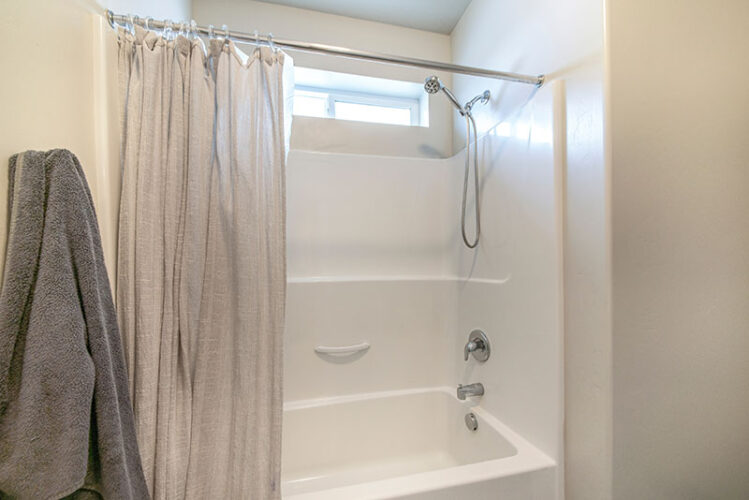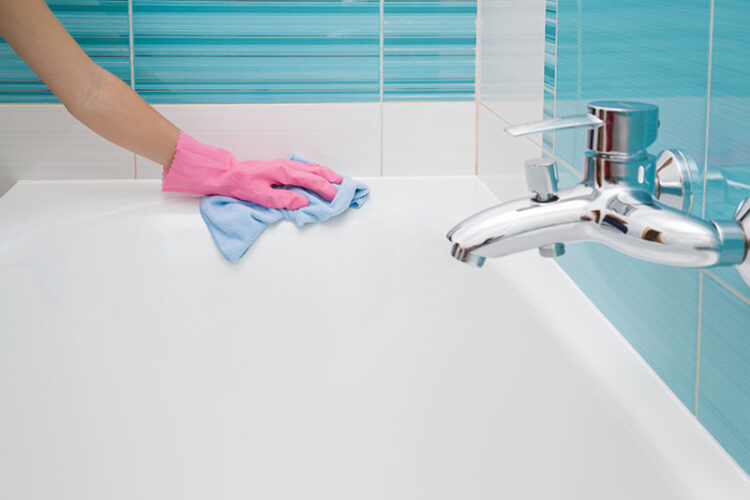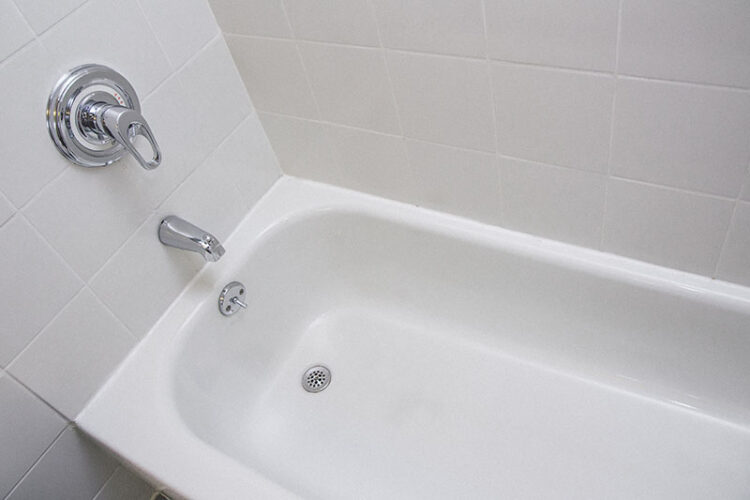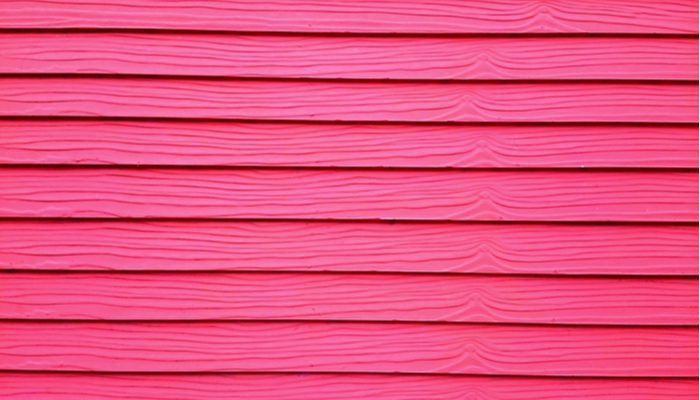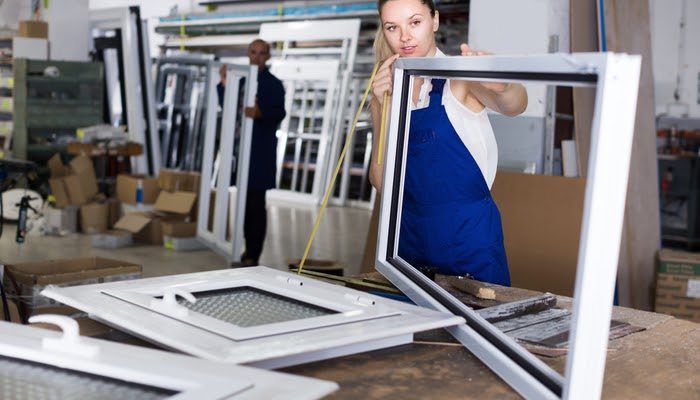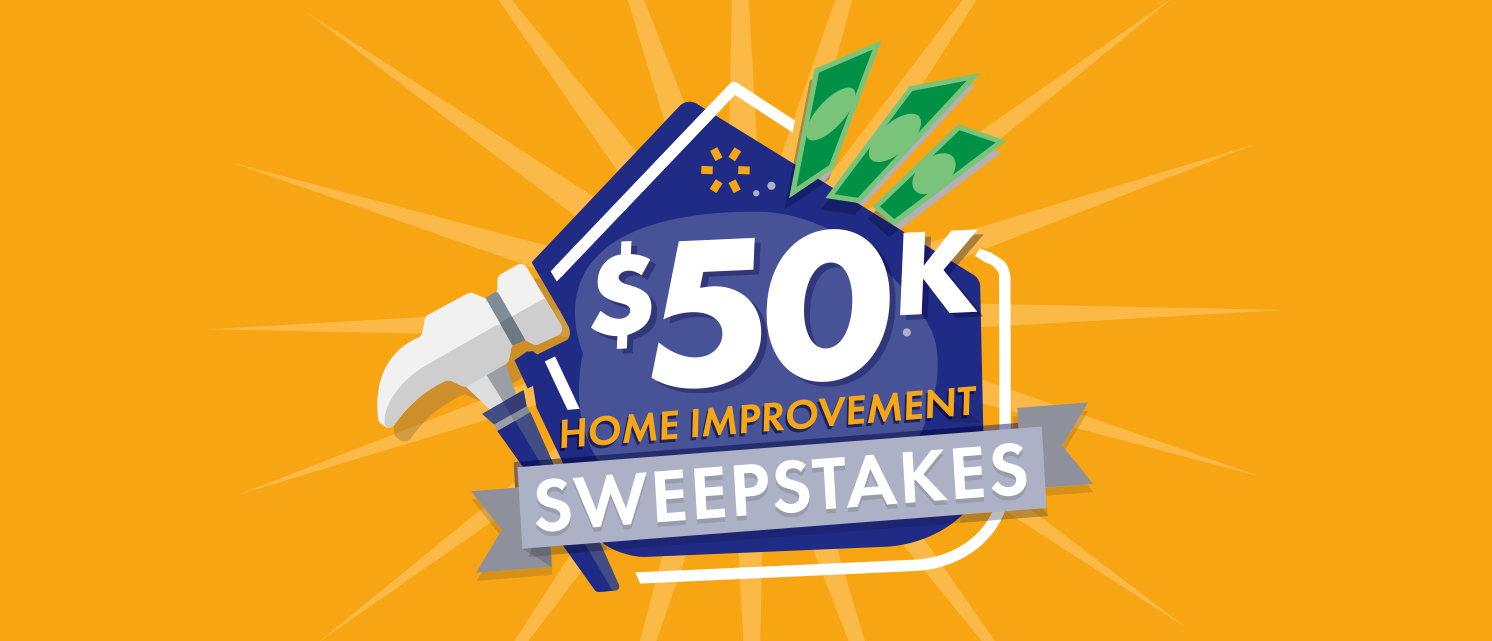Quick & Easy Tub & Shower Cleaning Tips

If there was a world record for stubborn grime, bathtubs and showers would win. Ceramics hold onto soap scum and dirt for dear life, particularly if they’re porous. Your bathroom is a moist environment best compared to a Petrie dish. It’s prone to mildew, bacteria, and mold, and an infestation can quickly spread to the rest of your fixtures. Let’s find out how you can combat shower and tub grime without reducing your downtime.
Don’t trust the hacks
If you Google for cleaning hacks, vinegar and baking soda will be at the top of the list. This magical combination creates acetone ions and carbon dioxide gas—a corrosive formula that can clean tiles, porcelain, and drains with very little muscle power. Don’t be too eager to reach for the kitchen ingredients, though.
Porcelain tile bodies and surfaces are vitrified and carefully finished to reduce porousness. This allows them to wash clean with an easy wipe, but once you’ve damaged that surface, your cleaning job will become significantly harder.
Your surfaces will cling to dirt even more stubbornly. At worst, corrosives will even leave ugly scratches. You can certainly use vinegar and baking soda on some surfaces, but others are best left to straight vinegar or specialized cleansers.
Get a Free Estimate Today
50% off installation. Special financing available. See details.
Choose your bathtub cleaning product according to your materials
Every surface has its own set of ideal cleaning materials, so it’s best to request your manufacturer’s advice. In general, though, you can subscribe to a few rules of thumb depending on your materials:
- If your white porcelain tub is particularly soiled, haul that old covid mask out of the closet and try a bleach solution. Bleach is alkaline, so it’s safe for this kind of porcelain.
- If you have a vintage or colored porcelain surface, you’ll need hydrogen peroxide instead.
- If you’re cleaning an enameled fixture, bleach could rust and fade it faster than you might think. Rather spray the entire surface down with diluted white vinegar, then allow it to work its magic for 15 minutes. After that, a damp cloth should loosen scum and grit easily.
- Acrylic and fiberglass tubs are particularly vulnerable to abrasives, so avoid scouring powders and corrosives. Ammonia can discolor your tub, so stick to mild formulas that are designed specifically for acrylics.
- Fiberglass is usually protected with a gelcoat that’s easily damaged by bleach. Vinegar and mild dish detergents are a better bet.
- Don’t be tempted to use a kitchen scourer. These kinds of products might feel soft to the touch, but they can leave hairline marks. These might be invisible after you’ve cleaned, but once grime has settled into your surface, they’ll deface your tub severely.
How to clean shower tiles
Your shower tiles present a double-threat. You must not only handle a wider range of materials, but also address moldy grout.
- Ceramic and porcelain tiles can take plenty of harsh scrubbing
- If you have coarser materials like slate or limestone, you’ll need a PH-neutral cleaner. Vinegar and lemon juice simply won’t do.
- Vinyl is delicate and sensitive to moisture, so limit yourself to cleansers that are specifically formulated for this kind of surface. Dry your tiles thoroughly afterwards to prevent buckling.
- Linoleum is easily-confused with vinyl, but it requires its own unique approach. A borax solution and coating of wax will deal with stubborn grime in no time.
- Grout is tough to clean, especially if it’s infested with mold. Scrub it with a brush and baking soda every week or rely on a steam mop. Keep it sealed with a silicone-based product.
Don’t give mold and mildew time to proliferate
Mold and mildew require harsh cleaners and plenty of scrubbing—two things that you need to avoid as much as possible. If you’re going to treat your surfaces with the gentleness they need, you’ll have to increase the frequency of your cleaning.
Don’t give dirt or mold an opportunity to proliferate. Wash them away the moment you see them. If your bathroom repeatedly develops that worrying black hue, it could be poorly-ventilated. Adding ventilation is no easy task, but it will save you money in the long-run.
Dealing with hard water stains
Hard water stains are caused by calcium carbonate deposits. To remove them, you must solubilize them, so you’ll need to address the problem in layers. A nonionic spray adjuvant like CapSil and Blast-Sprayable should deal safely with your stains. Don’t expect instant results, though. You can only address the deeper layers once you’ve removed those on the surface.
Your ceramic surfaces might look tough, but they’re more fragile than you think. Gentleness is the key to a lasting clean surface, so don’t wait for scum to develop long enough to require corrosives. A quick wipe after every bath or shower will save your time and your surfaces.
Need help with a bathtub or shower replacement? Contact 1-800-HANSONS for a free estimate.
Related Articles:
Signs it’s Time to Replace Your Shower
Signs it’s Time to Replace Your Bathtub


